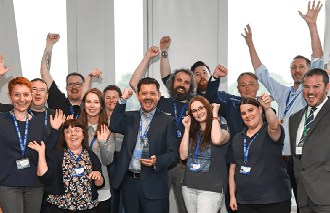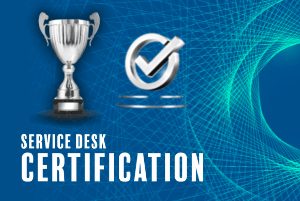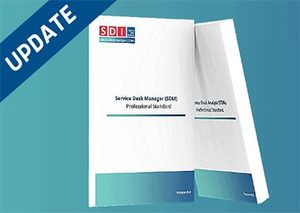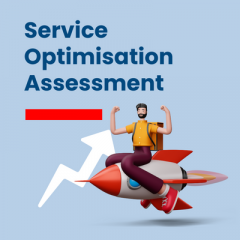
by Scarlett Bayes, Senior Research Analyst
The Higher Education sector faces some unique challenges when it comes to their service desks, and who better to discuss and address these challenges than higher education service desk professionals? During SDI’s recent Higher Education event, our speakers took the time to talk about some of the challenges they’ve faced this year and how they can move forward to overcome them.
University Service Desk Challenges
The challenges were closely linked to the fall out from the COVID-19 pandemic, and the first issue that was offered up was being able to support staff who are transitioning to working from home and delivering online learning. This presents a whole host of potential technical issues which the service desk could be presented with which need to be handled remotely. While many of our speakers sung the praises of their remote support tools, which have enabled them to continue to provide support to customers, they also raised the question as to the longevity of working like this.
Positive Agility
Our speakers asked whether they need to plan for supporting a remote customer base for a while longer and invest time and resources in ensuring students and staff can continue to work remotely or flexibly, or whether work will resume as before soon and any work done to provide a better experience while working remotely will be a waste. The hope was that higher education organisations wouldn’t slide back to how things were before, as many of our speakers felt that there were some positives that had come out of the disruption lockdown caused.
There was a consideration as to whether the need for fast-paced change and being forced to adapt quickly will benefit organisations in the long run as it sets a precedent for being more agile. Not only has this year challenged organisations to problem solve and meet certain requirements to continue to allow staff and students to work from home, but service desk customers had to deal with complete changes to their working environment and learn how to do their jobs remotely. Service desks may be able to take advantage this momentum to push through new initiatives or strategies, or use the opportunity to direct customers to use alternative support channels and promote a self-serving culture to reduce the number of contacts to the service desk.
Managing A Remote Workforce
Our speakers actually discussed that several things which were put in place to manage a remote workforce, such as working from home policies, implementing new technologies, and so on, were already in the pipeline and were expedited due to demand. In this way, it is possible that some organisations were better prepared for the transition as some steps had already been taken to facilitate changes.
There was a discussion around how heavily used telephony is among the higher education sector; SDI Insight shows that 98% of higher education service desks customers use telephony to contact IT support. One of our speakers’ sessions was about how they pushed customers towards using live chat over telephony, so it was interesting to hear their perspective on this topic. Many organisations were already using or began using tools like Teams or Slack to facilitate communication among teams, and some service desks have been using these platforms as a communication channel for their customers. This presented the question as to why we need both telephony and collaboration platforms, and whether we should consolidate these channels and change our vernacular to simply “voice” to encompass a range of channels.
One concern centred around ensuring staff and students had everything they needed to continue to work from home and making sure the service desk kept track of assets and updated the CMDB. Some of our speakers talked about how staff took their office desktop home and faced issues when they realised their desktop couldn’t connect to Wi-Fi. This then brought up the topic of BYOD and the problems this presented. Some of our speakers mentioned that while they couldn’t offer support for their customers own devices, the use of VDI (Virtual Desktop Infrastructure) was useful to circumvent some of these issues.
New Normal Optimism
Ultimately, our speakers were optimistic about the future of the industry; the myths and misconceptions around a lack of productivity associated with working from home have been dispelled and staff have proven they can work effectively regardless of whether they’re in the office or not. We need to respond to the notion that this will be the norm for at least a while longer and it is imperative that organisations put strategies in place to support remote working on a wide scale and use the momentum created by this disruption to continue to evolve and develop with the needs of the organisation.
You can listen to the whole panel discussion here:
Finally, we asked our speakers for some words of wisdom for our listeners.

“Don’t panic. Accept that you might get things wrong and learn from it” – Iain Cameron, University of Aberdeen

“Communication is king” – Alex Harding, Runshaw College

“Embrace the change” – Henrik Brogger, Queen Mary University of London

“Use this as an opportunity and drive forward the great progress we’ve had in changing significantly” – Mark Temple, University of Glasgow

“Be empathetic and don’t be the stressor in a situation” – Chris Chagnon, Worcester Polytechnic Institute
























